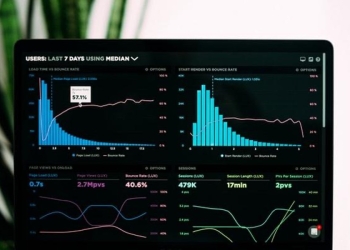Beginning next year, Microsoft will no longer support the OneDrive desktop software for Windows 7, 8 and 8.1. According to a Tech Community blog, the corporation will not be providing updates for the desktop program to customers of those older operating systems. Beginning January 1, 2022, updates for the OneDrive desktop program on your personal Windows 7, 8, and 8.1 devices will no longer be available.
On March 1, 2022, personal OneDrive desktop programs for these operating systems will no longer sync to the cloud. Your files will no longer sync after March 1st, 2022, and you should upload/access them directly on OneDrive for the web. Personal OneDrive desktop programs for those operating systems will also stop synchronizing to the cloud on March 1, according to the company’s blog. Individual users will be required to upload files directly to OneDrive for the web by that date.
Microsoft acquired Clear Software, focusing on SAP and Oracle connectivity
To avoid inconvenience, we recommend that you upgrade to Windows 10 or Windows 11 if you are currently using one of these operating systems. If your machine doesn’t satisfy the system requirements for the Windows 10 or Windows 11 operating system upgrade, you may still back up and protect your files by manually uploading them to OneDrive online, where you can view, edit, and share them across all of your devices.
In addition, personal OneDrive desktop apps for those operating systems will stop synchronizing to the cloud on March 1, according to the company’s blog. Personal users will be required to submit files directly to OneDrive for the web by that date.
Support for the OneDrive desktop software for business will be linked with the Windows support lifecycle, which currently includes extended support for Windows 7 and Windows 8.1 through January 20, 2023. Windows 8 support ended in 2016.
























